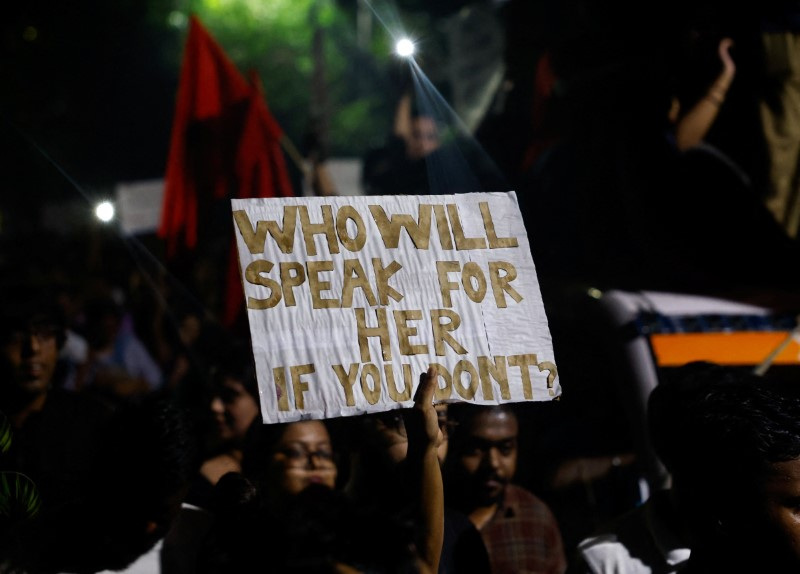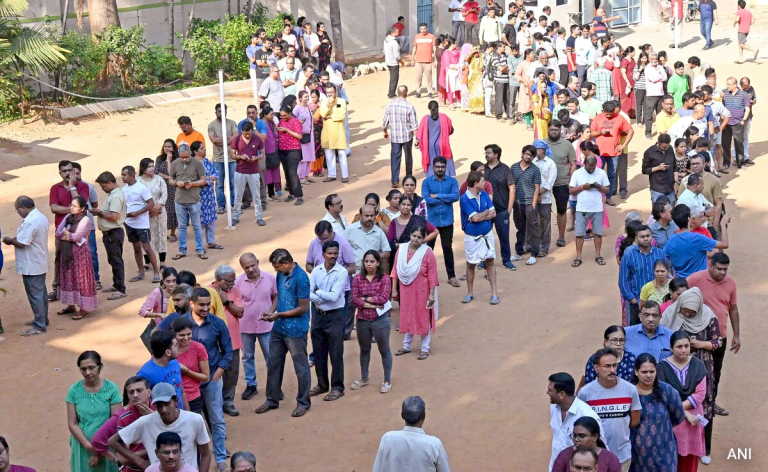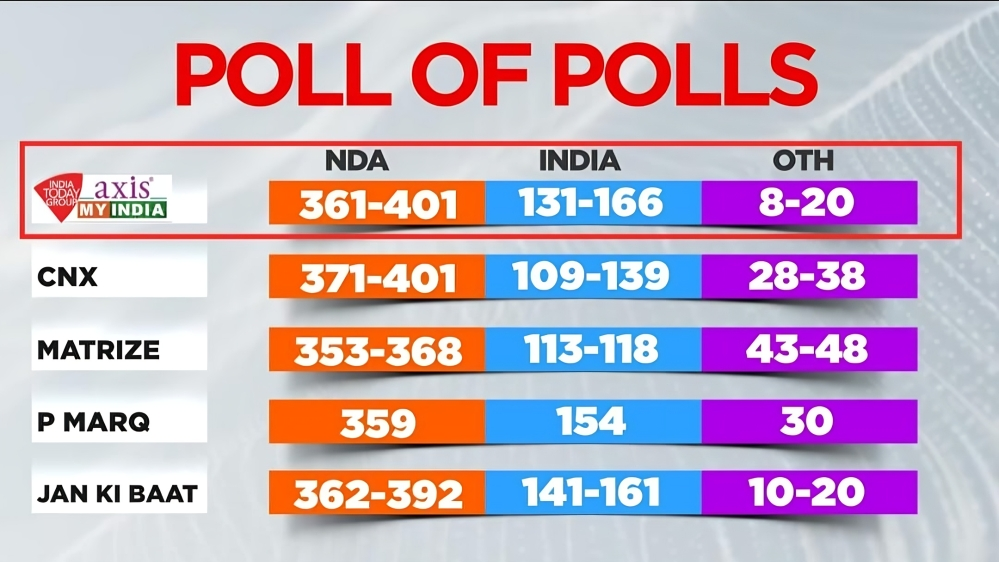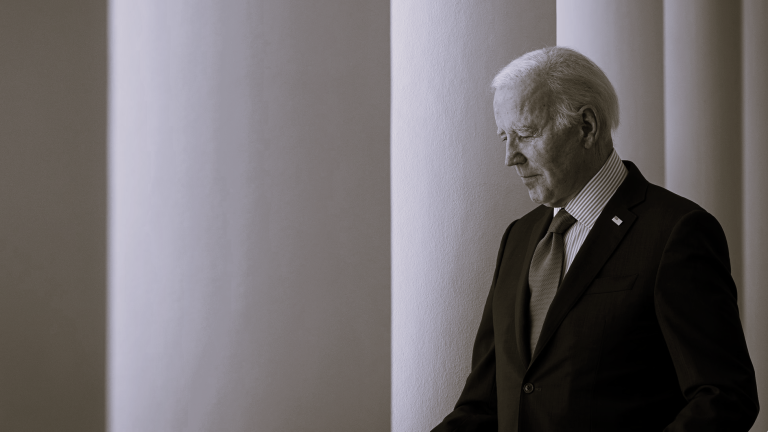Any society is not stagnant; its evolution over the course of time may be regressive or progressive in nature. Led by the people in power or people on the streets. India is witnessing yet another event after a decade—with the same intention, a change—not merely in terms of economic output.
India’s diversity pertaining to caste, culture, creed, color, religion, and linguistic background makes it imperative that each and everyone have their own individual philosophical inclination; ideas cannot just be thrust into the thought process of the 1.4 billion inhabitants, as they can in other contemporary societies.
In a modern society where everyone has equal rights, society itself shall never distinguish a person on the basis of their gender (or all the other aspects that differentiate everyone); however, this is contrary in India.
Yes, India has guaranteed affirmative action and rights to all in its constitution; it has not trickled down to the grassroots. It may not be in the foreseeable future.
The basis for a change in societal norms is the abhorrent act that took place in a medical college in the city of Kolkata, West Bengal. Similar to Nirbhaya (a decade ago), the ruling dispensation of the state and the local administration are covering up and destroying the evidence related to the horrible night.
At first, after the incident, the discussion revolved around the fact that the young doctors are not provided adequate facilities in their work premises, such as toilets and places to sleep; they can only rest in the emergency ward or the seminar room. Nor does the work hour give them justice; patients may barge in for help at any time.
But after gauging national attention, it soon transpired into a fundamental question: the safety of women.
Time in again: instances like these get cooled down after a period or blow over and result in significant changes.
Unfortunately, it seems, the former will prevail yet again.
To be explicit, a change in society only takes place when there is a consensus amongst the majority in the plebiscite.
And, in this case, where much of the conversation is taking place only in traditional media, social media, and urban cities, they do not represent the majority—just a meager minority.
When a country has the nitty-gritty of nation-building wrong, how can it, in months or just a few years, change the mindset of most?
What are the aspects that the ruling class has missed since independence—lack of investment in education and healthcare, uplifting the lower strata, elimination of the caste system, and equal opportunities for all— a society based on merit.
In terms of all the aforementioned aspects, India’s performance is below par—to be blunt, abysmal.
One, the traditional media does not matter, as its popularity is in decline. Two: social media’s role is nonexistent; digital penetration sits only at 52%; of that, how many are on Twitter? Or Instagram? Most users may be attributed to bot farms, so data regarding MAU is not credible. Three: the urban class does not represent even a majority; only 36% live in urban pockets; the rest live in rural areas; there are 664,369 villages.
In a country where most only earn about $100 a month, a plebiscite for a change in societal norms is not their foremost quest.
For them, they have to secure, as it is said in Hindi, “roti, kapda, aur makan” (“food, clothing, and shelter”).
For them, comprehending these types of justices is a herculean task, since most have just completed the basics in terms of education. How can we expect much?
I don’t like to be pessimistic; yes, there should be change for the betterment, but decades of depravation have made it evident that a change will take place only with a revitalization of the basics—not a few marches on the streets or social media posts.
Upliftment of the periphery (which is the majority in India) will bring education and modernize society, as it educates and hinders the chances of chauvinism.
Get the rudiments right, rather than only hope. Or else, it is just a once in a decade event of change—that will never happen.






